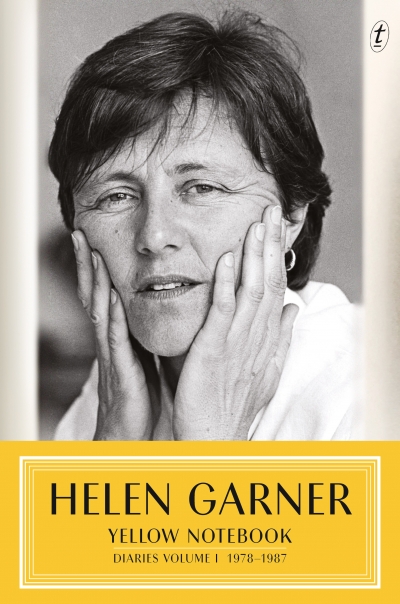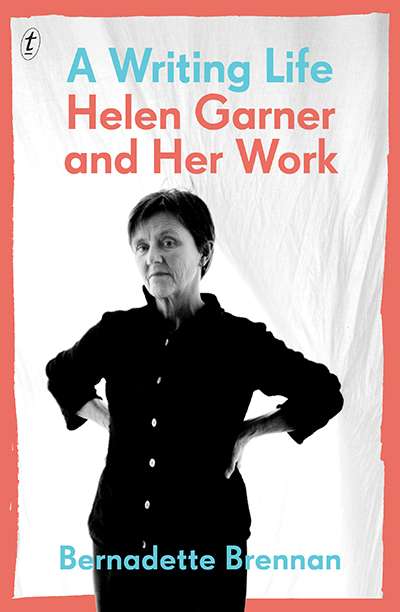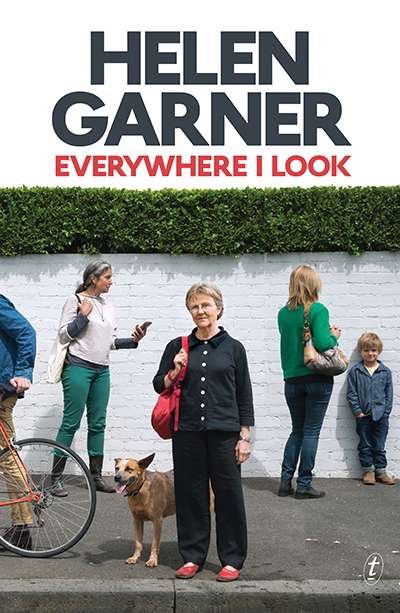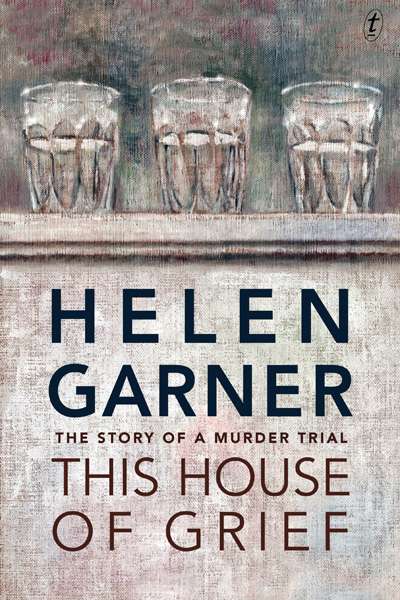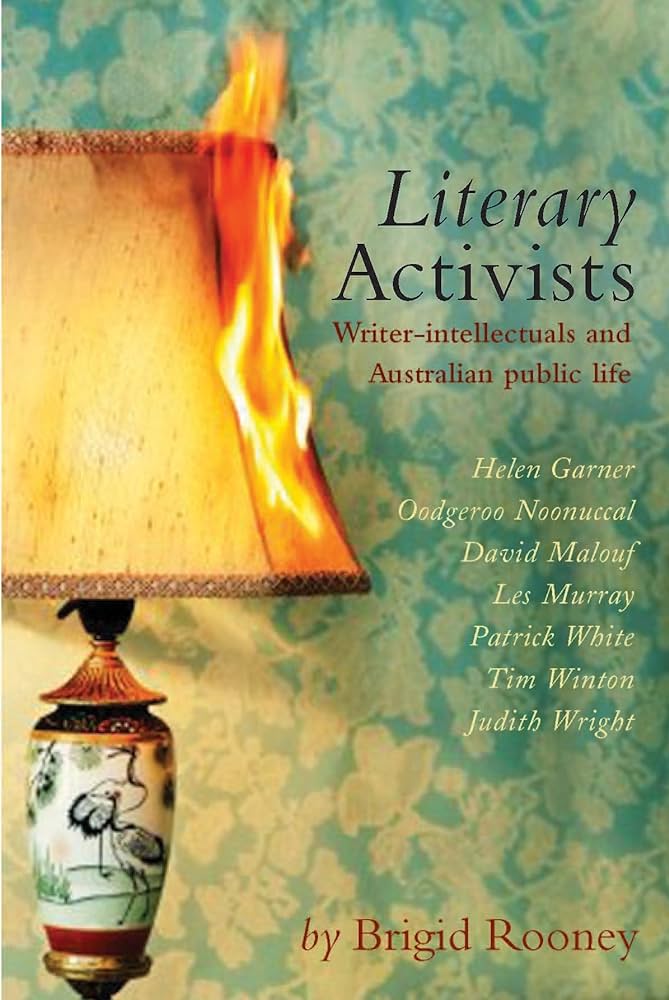Helen Garner
Film | Theatre | Art | Opera | Music | Television | Festivals
Welcome to ABR Arts, home to some of Australia's best arts journalism. We review film, theatre, opera, music, television, art exhibitions – and more. To read ABR Arts articles in full, subscribe to ABR or take out an ABR Arts subscription. Both packages give full access to our arts reviews the moment they are published online and to our extensive arts archive.
Meanwhile, the ABR Arts e-newsletter, published every second Tuesday, will keep you up-to-date as to our recent arts reviews.
Recent reviews
 Helen Garner (born 1942) is an Australian novelist, short-story writer, screenwriter and journalist. Garner’s first novel, Monkey Grip, published in 1977, immediately established her as an original voice on the Australian literary scene – it is now widely considered a classic. She has a reputation for incorporating and adapting her personal experiences in her fiction, something that has brought her widespread attention, particularly with her novels, Monkey Grip and The Spare Room (2008).
Helen Garner (born 1942) is an Australian novelist, short-story writer, screenwriter and journalist. Garner’s first novel, Monkey Grip, published in 1977, immediately established her as an original voice on the Australian literary scene – it is now widely considered a classic. She has a reputation for incorporating and adapting her personal experiences in her fiction, something that has brought her widespread attention, particularly with her novels, Monkey Grip and The Spare Room (2008).
Throughout her career, Garner has written both fiction and non-fiction. She attracted controversy with her book The First Stone (1995) about a sexual-harassment scandal in a university college. She has also written for film and theatre, and has consistently won awards for her work, including the Walkley Award for a 1993 Time Magazine report. Adaptations of two of her works have appeared as feature films: her debut novel Monkey Grip and her true-crime book Joe Cinque’s Consolation (2004) – the former released in 1982 and the latter in 2016.
Yellow Notebook: Diaries, Volume I, 1978–1987 by Helen Garner
Joan Didion. Not sure what happened, to her or to me, but she lost me about twenty years ago.
... (read more)A Writing Life: Helen Garner and her work by Bernadette Brennan
Helen Garner (1942–) is an Australian novelist and non-fiction writer. Garner’s first novel, Monkey Grip, was published in 1977 and was adapted for film in 1981. Since then she has written many works of fiction, including The Children’s Bach (1984), Cosmo Cosmolino (1992), and The Spare Room (2008), as well as non-fiction, including ...
Bernadette Brennan on 'The Children's Bach' by Helen Garner for Reading Australia
‘For our house is our corner of our world … If we look at it intimately, the humblest dwelling has beauty.’
Gaston Bachelard, The Poetics of Space (1958)
Houses, and their domestic spaces of intimacy and negotiation, s ...

